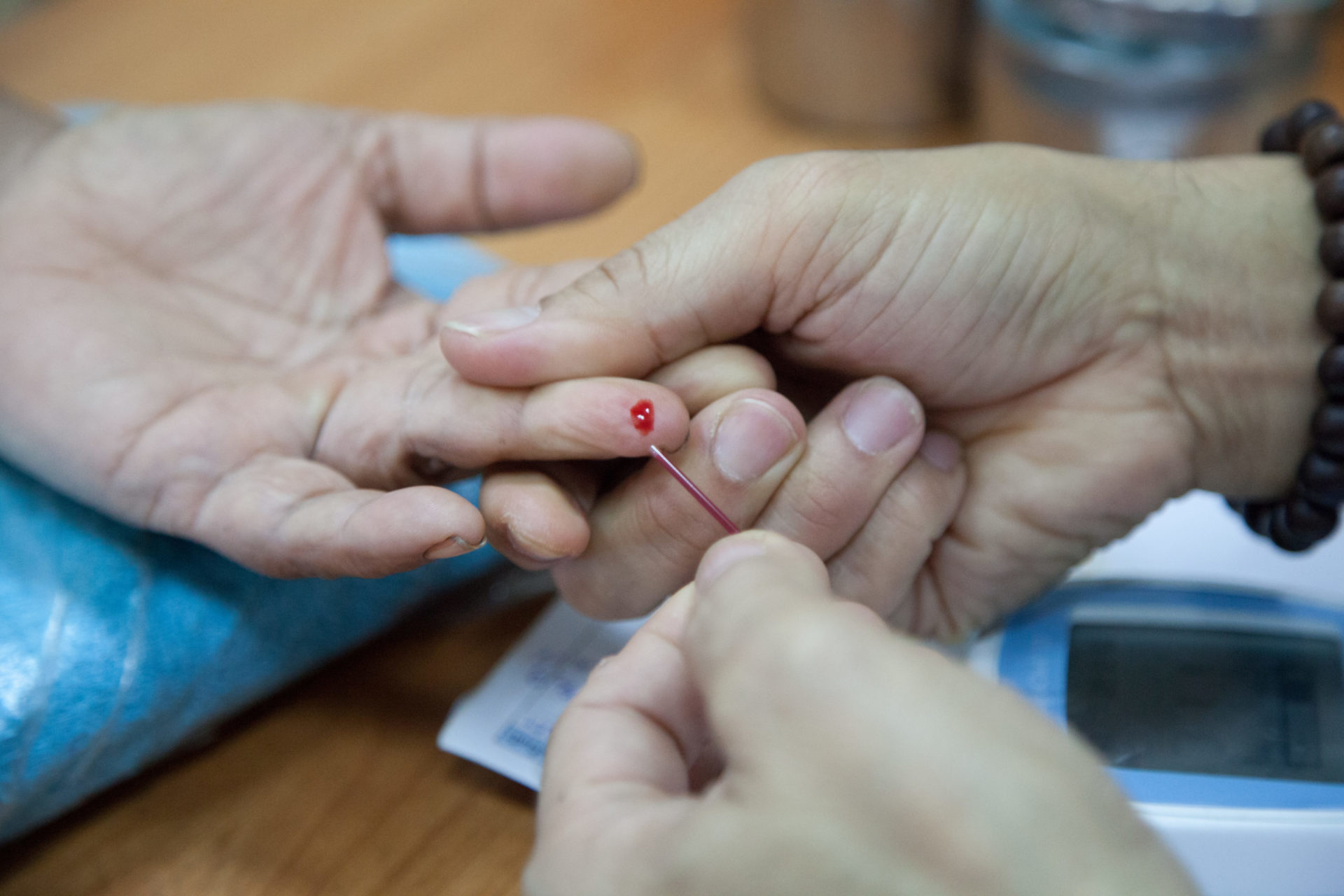The only way to find out whether or not you have HIV is to get tested. Many people fear testing, but the benefits far outweigh the reasons not to get tested!
Why should I get tested for HIV?
You should get tested if:
- you have had unprotected sex (without a condom or without taking PrEP beforehand)
- you have recently been diagnosed with an STI
- you use needles/injecting equipment with other people
- you want to stop worrying about whether or not you have HIV.
If you think it is very unlikely that you have HIV, the quickest way to stop worrying at all is to get tested.
Even if you always use a condom and don’t think you’re at risk, it’s still a good idea to get tested for HIV regularly…
It’s always better to know
Testing is the only way to know for sure whether or not you have HIV. It’s normal to feel worried about HIV infection, but testing can reduce your anxiety.
People often don’t get tested because they are worried about the outcome but knowing your status will allow you to take charge of your health.
If the result is negative, you can get more information on how to stay that way, while if the result is positive, you can start treatment to make sure you stay healthy.
It’s quick and easy
HIV testing is quick, easy, and almost always free. It’s also the only way to know for sure whether or not you have HIV.
Whichever type of test you use, rapid saliva test or blood test, neither is painful. In some countries it is possible to do the test at home.
A positive result means you can start treatment
If you have HIV, early diagnosis (as close as possible to the time of infection) helps you to live a long and healthy life. You can start treatment (antiretroviral drugs) quickly, which will reduce the amount of HIV in your body and protect your immune system from other problems.
With proper treatment and care, people living with HIV have as long a life expectancy as a person not living with HIV, so it’s important to know your status by getting tested.
Testing also keeps your sexual partners healthy
Regular testing for HIV and knowing your HIV status helps you take care of your partners’ sexual health too.
If you know you are HIV positive, you can use protection methods such as condoms to prevent HIV transmission.
Also, by starting and continuing antiretroviral treatment you will reduce the amount of virus in your body, making it less likely that you will transmit HIV. With effective antiretroviral treatment, it is possible for the level of virus in the body to drop so low that it becomes ‘UNDETECTABLE’ – meaning that HIV no longer shows up on tests that measure the amount of virus in the blood. If this is confirmed by your doctor, it means you can no longer transmit HIV through sexual contact. However, you will need to monitor your viral load regularly to make sure it remains ‘undetectable’.
No one will know your status unless you decide to tell them. But if you know you are HIV positive, you can encourage your partners to get tested, which will help them protect their health too.
Is HIV testing ever mandatory?
Choosing to get an HIV test can be extremely beneficial for you and your loved ones, and the decision to get tested should be yours.
However, some countries require you to take an HIV test to enter the country. For more information on countries that have travel restrictions, see the Global Database on Travelling with HIV.
In addition, in Romania, HIV testing is mandatory in certain areas. If you want to know for sure, you should always seek advice from a professional in the field (doctor, social worker, etc.).

